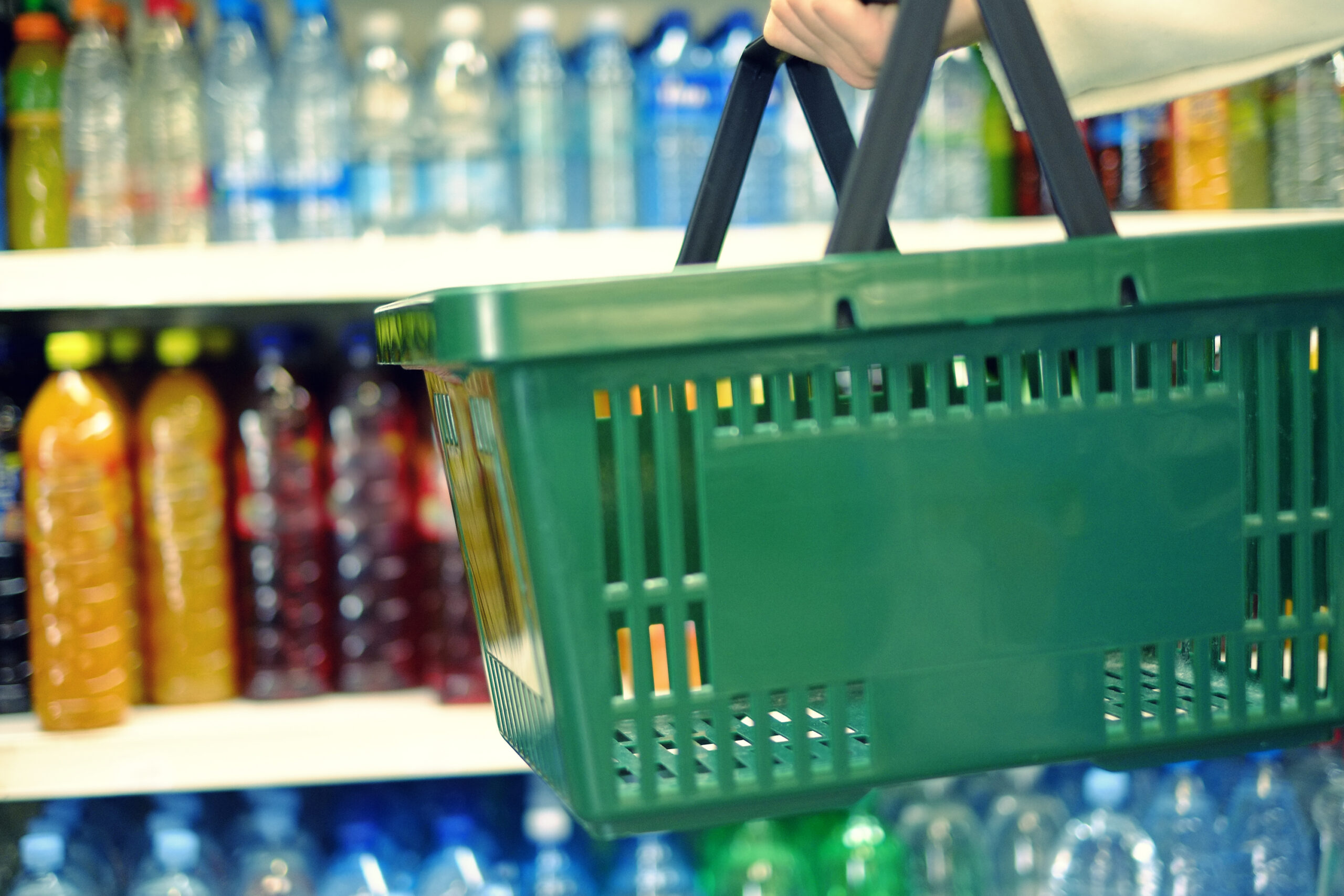Grocery price inflation hit 4.3% in February, marking the fastest rate of inflation recorded since September 2013, according to Kantar.
Take-home grocery figures highlighted in the report found that supermarket sales fell by 3.7% over the 12 weeks to 20 February.
Storms Dudley and Eunice both had a noticeable impact, with nearly 7 million fewer shopping trips during the week ending 20 February.
New CCTV artificial intelligence software automatically alerts you to shoplifters
Independent and symbol groups saw a 14.4% decrease in total consumer spending compared with last year. However, they saw a 4.2% increase compared with 2020.
Fraser McKevitt, Kantar’s head of retail and consumer insight, said: “Apart from the start of the pandemic, when we saw grocers cut promotional deals to maintain availability, this is the fastest rate of inflation we have recorded since September 2013.
“Added to this, ongoing supply chain pressures and the potential impact of the conflict in Ukraine are set to continue pushing up prices paid by consumers.”
Bestway to trial digital age verification
McKevitt added that the ending of Covid restrictions in England has meant, “More of us are now eating on the go, buying sandwiches, salads and snacks on our lunch breaks, and enjoying meals out with friends and family. That means we’re buying less food and drink to have at home.”
Further evidence that shoppers are moving beyond the pandemic can be seen in online sales, down by almost 20% year on year over the past month.
Fraser McKevitt comments: “It’s clear that some shoppers are shrugging off their pandemic habits. 835,000 fewer people bought groceries online over the past four weeks. That’s compared with the record 6.6 million buyers we saw last year. Digital sales now account for 13.3% of all spending, down 2.1 percentage points from last year.”
PayPoint digital newspaper voucher trial a success
Tesco extended its run of market share gains, taking another 0.3 percentage points. It now accounts for 27.7% of the market.
Waitrose also grew ahead of its peers to hold its share of the market flat at 5.0%. Sainsbury’s market share is now 15.5%, Asda 14.6% and Morrisons 9.8%.
Co-op holds 5.7% of the market, Iceland 2.3% and independent retailers stand at 1.6%.
Read more cost-of-living crisis news and advice for retailers





Comments
This article doesn't have any comments yet, be the first!